By Aneesa Bhanji
Many women in Toronto Metropolitan University’s (TMU) aerospace engineering program say better representation is needed at both the undergraduate and graduate levels.
Wintta Ghebreiyesus, an aerospace engineering PhD candidate has done her bachelor’s and master’s degrees in aerospace engineering at the university. She estimated that in her time at TMU, women generally made up between 13 to 20 per cent of students in the program.
“We’re currently sitting at about 20 per cent female graduate students in our department,” she said.
In a statement to The Eyeopener, the university confirmed these numbers, adding that the lack of women in the program “has been identified as a priority by the department.”
Data from the university also said that over 90 per cent of applicants self-identifying as women over the last four years were accepted into the undergraduate program. However, on average, only 19 per cent of applicants were women, with the number of female students enrolling in the aerospace engineering program steadily increasing over the years.
Between 2019 to 2022, female enrollment in the undergraduate program increased overall from 13 to 23 per cent. Ghebreiyesus acknowledged that while this is a noticeable increase, women are still in the minority, particularly in senior positions.
“We need more female leaders in aerospace right now, especially at the national level,” she said.
TMU also shared application numbers for the graduate program, with the largest difference coming from the 2021-22 school year. That year, about 84 per cent more men than women applied to the full-time master of engineering program. For the 2022-23 academic year, there was only a difference of about 76 per cent, with men still making up the significantly larger pool of applicants.
“It’s not only going to take the women, it’s also going to require men to be allies as well to really address and break the stigma women face in aerospace and related fields,” Ghebreiyesus said.
Bo Tan, the only female aerospace engineering professor at TMU, said she has seen a similar pattern within the program’s representation.
“I’ve seen quite a lot of female students in the undergraduate program today. But for graduates studying, [female representation] is still very rare,” said Tan.
Tan said the aerospace engineering faculty has tried to improve its female representation by attempting to recruit more female faculty members, especially in the research department. According to Tan, the university had to “hunt for people who were qualified for the position” which only resulted in a handful of candidates.
The disparity of men and women in aerospace engineering at TMU is not unique to the school. Across Canada, similar numbers are reported in the field of engineering as a whole. According to Engineers Canada, only 13 per cent of licensed engineers in the country are women.
Damineh Akhavan, a senior engineer and board member at Women in Aerospace Canada, said the representation of women in aerospace engineering is “minimal.” In her 17 years of experience, she said she’s often the only woman of colour on the team.
“I’ve experienced harassment, discrimination, both as a woman and as an immigrant,” she said. “It felt like no one was hearing me.”
“We need more female leaders in aerospace right now”
Akhavan said even having the smallest bit of female representation would have made a big impact.
“When you see someone that looks like you, whether it’s a woman or a person of colour and other immigrants, it empowers you and inspires you to be better. And I never had that,” she said.
Data from Statistics Canada in 2019 shows that one of the most common reasons for women moving away from STEM-related studies is due to “feeling isolated or out of place due to being outnumbered by male peers or [due] to unequal treatment.”
Second-year aerospace engineering student Ayla Ahmad said while she was in training as an aerospace engineer with the Canadian Air Force, she was one of just five women. She said she believes the field is losing out on women engineers because they may feel hesitant about entering a primarily male industry.
“There [are] probably so many women out there who maybe are passionate about spacecraft and aerospace in general,” Ahmad said. “But they just don’t go into it because it’s daunting because it’s a male-dominated industry.”
Last year, Statistics Canada reported that among high school graduates, women are 29 per cent less likely than men to enrol in a post-secondary STEM program after graduation.
“Creating inclusive environments in the workplace can all be good ways of attracting women to the field and to the industry,” Ghebreiyesus said.
In their statement to The Eye, TMU said the school is currently “developing strategies to achieve this.”
TMU plans to add more women representation by increasing “female participation at every level of the department, from first-year undergraduates to academic leadership.”
Akhavan described the lack of women in aerospace engineering as a “chicken and egg” scenario, describing a cyclical issue: women are less likely to see themselves in engineering jobs, so they’re less likely to seek them out, which in turn equates to less representation overall and so on.
“Unless you have representation and some of the issues are addressed, less people will be coming to the industry,” she said. “We’ve had many people who’ve come and left. You need to sort things [out] before more people decide to come in.”
Second-year aerospace engineering undergraduate student Manasvi Vaidya said that her dedication to aerospace engineering is what makes it all “worth it.”
“If you are passionate about something then you should definitely go for it. Even if the career you’re going in is difficult,” said Vaidya. “It’s still worth it, if you’re working toward something you’re passionate about.”

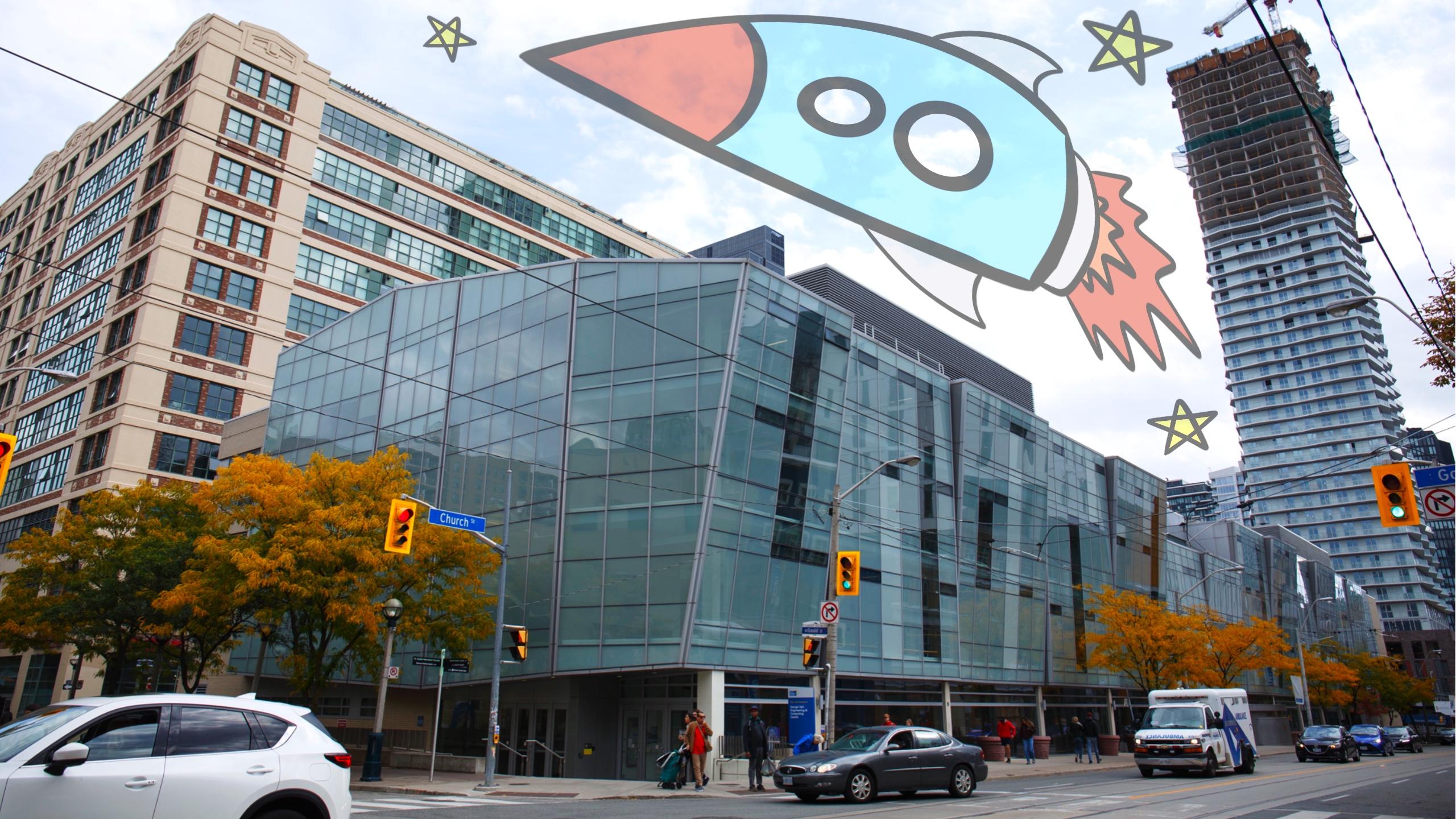



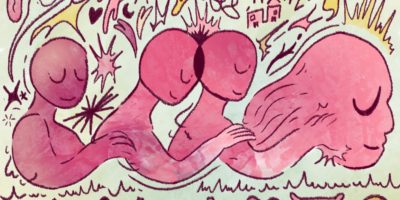
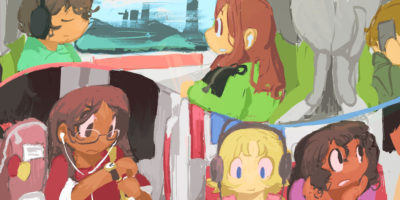
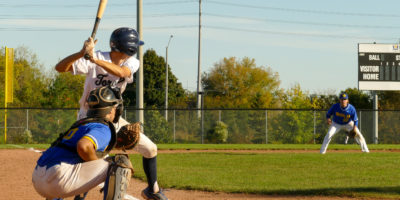
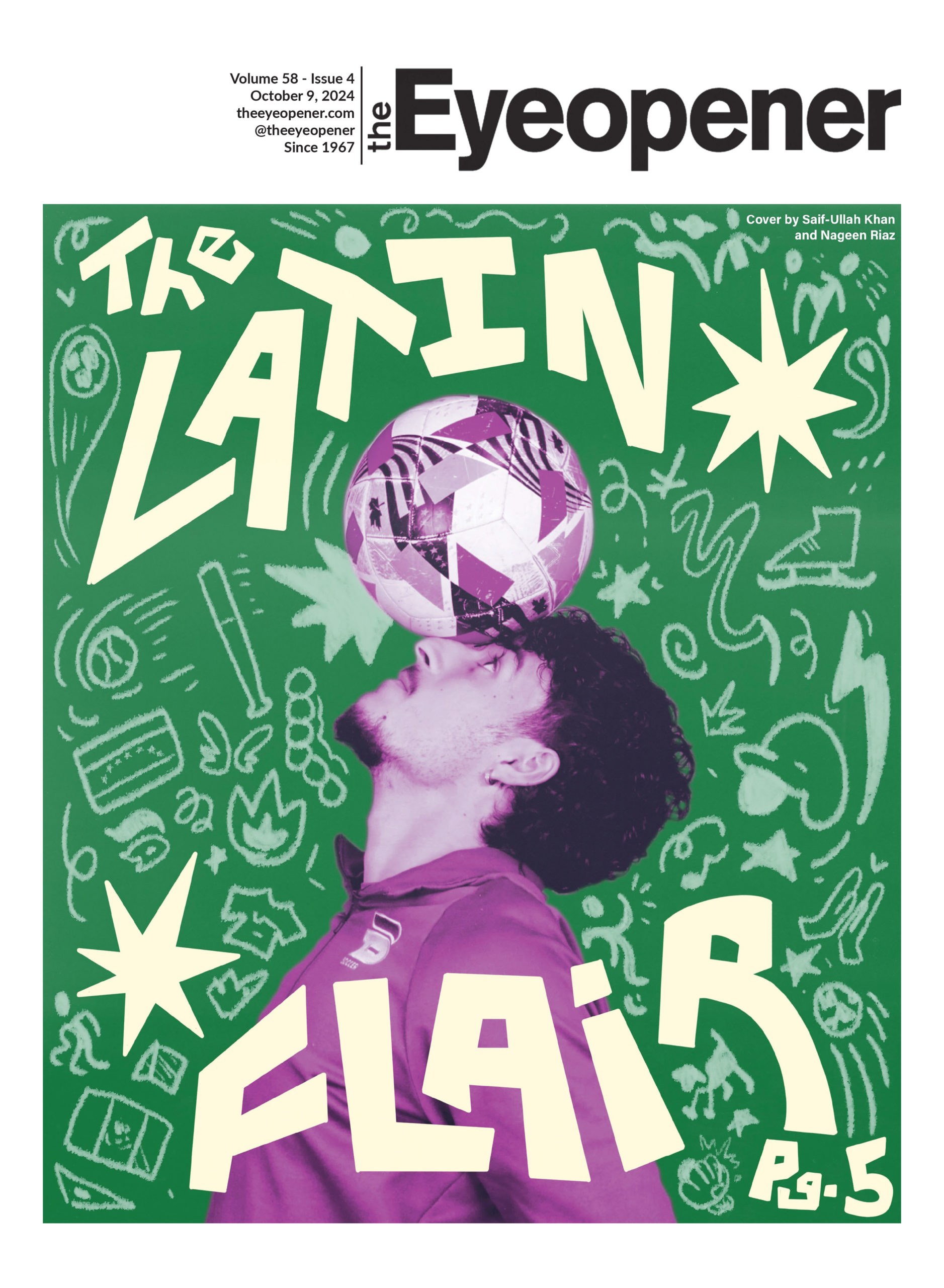
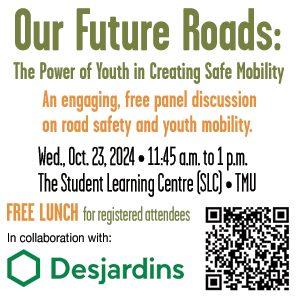
Leave a Reply